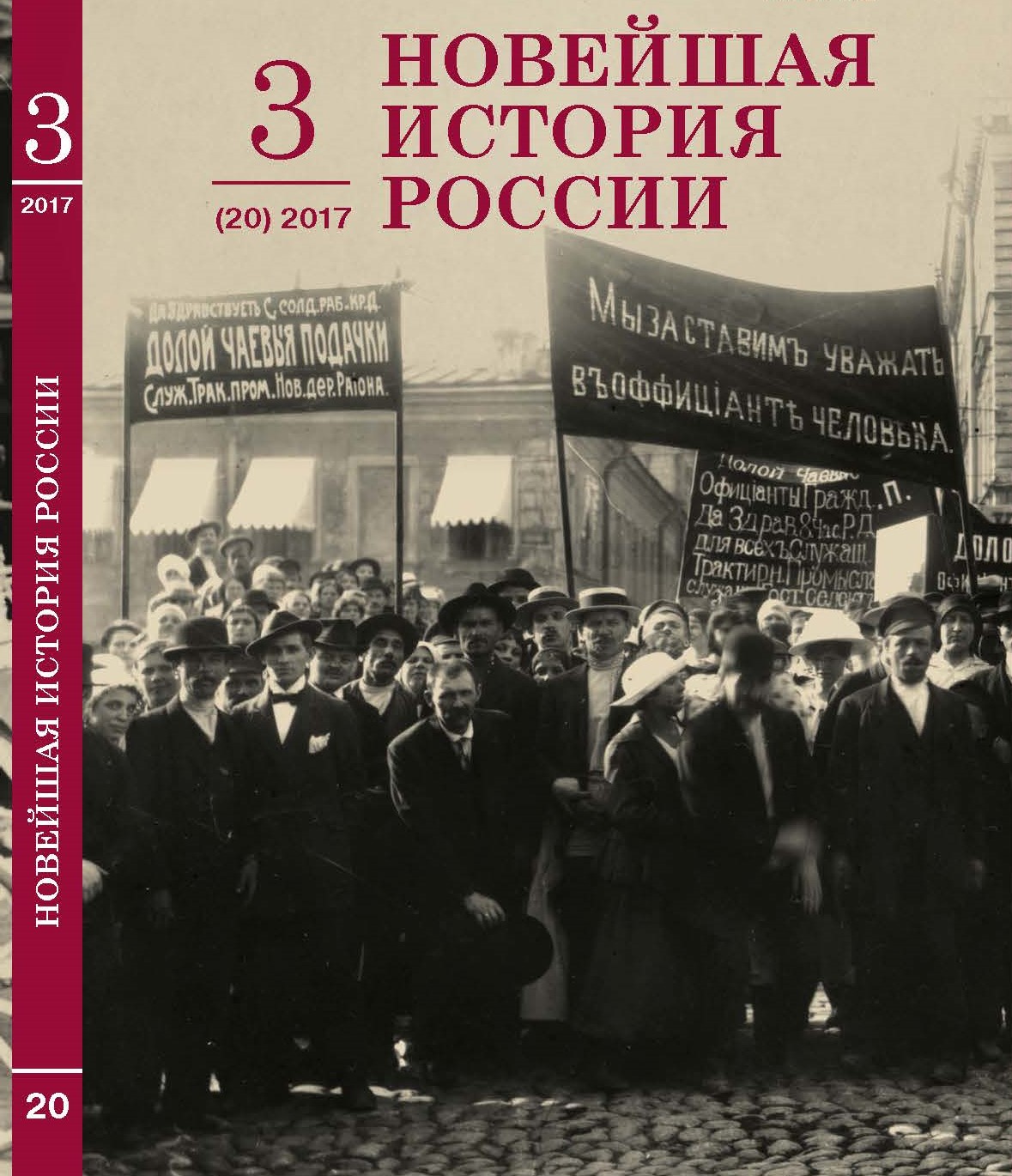Литературно-художественное отражение социоприродных проблем советской довоенной деревни (на примере европейской части РСФСР)
Literary and Art Reflection of Social and Natural Problems of the Soviet Pre-War Village in 1920–30s (on Example of the European part of the RSFSR)
Author(s): N. S. TsintsadzeSubject(s): History, Economic history, Social history, Recent History (1900 till today)
Published by: Издательство Исторического факультета СПбГУ
Keywords: environmental history of Russia; traditional agrarian society; soviet village; human pressure; natural resources; fiction
Summary/Abstract: This article was prepared in line with a modern scientific field of environmental history. The article examines features of literary reflection of the environmental problems of the Soviet pre-war village end of the 1910–1930s. Analyzed novels and stories written by F. I. Panferov, N. I. Cochin, P. I. Zamoyskiy, K. Y. Gorbunov, G. N. Troepol’skiy, V. A. Kaverin, V. V. Ovechkin, M. A. Sholokhov, L. M. Leonov and A. P. Platonov. It is noted that the writers being witnessed of the agrarian changes, brightly and vividly passed as the objective processes of nature depletion (low soil fertility, desolate land, deforestation, ravines growth, the disappearance of rivers and so forth), as well as the subjective attitude of the peasantry to them. The problem of agrarian overpopulation and land hunger of the 1920s noticed them. Writers realistically passed authority initiated processes agricultural recovery after wars, droughts, and other destructive events of the end of the 1910–1930s: the land reclamation, improvement of field crop systems, soil fertilizer, grass cultivation, forest protection and others. Latently in their works there was the idea of a high degree of human depending on the nature, at the same time the belief in technological progress, helped society rebuild natural processes “under itself”. At the same time, they are real- ized the harmfulness and uninterrupted, not replenished pumping out resources from nature, expressing their thoughts through the heroes of their works. The conclusion is that environmental subjects in the pre-war “village” prose were not leading, however, they attracted some attention of the authorities and society to socio-natural problems of the village. Writers saw the reasons of the negative socio-natural phenomena, which was described them, in unreasonable economic activities of people. Precisely because of the desire of society to pump natural resources from a maximum useful properties without their compensate, according to the creative intelligentsia, led to a reaction eco-system: frequent phenomenon became droughts, dry winds and so on. Peasantry realized the relationship of unreasoned, consumer economic activity of the society and negative natural disasters. On the pages of novels reflected the picture of tractorization the village, which was the symbol of the new Soviet village. In the end, the Soviet writers by means of art reconstructed a true picture of the breaking of traditional agrarian society.
Journal: Новейшая история России
- Issue Year: 7/2017
- Issue No: 20
- Page Range: 182-197
- Page Count: 16
- Language: Russian

